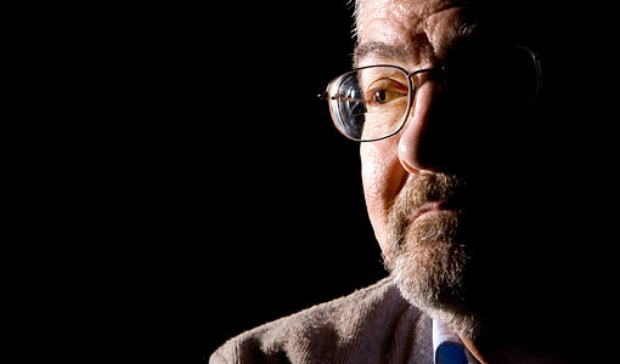More than five years have now passed since President George W. Bush announced that victory had been achieved in Iraq, and no end in the war is in sight. Four thousand American service men and women have lost their lives in the conflict, many thousands more have returned home physically maimed and emotionally scarred, and the death toll among the Iraqi population has been staggering. The cost of the war has severely crippled our national economy, and our image abroad – even among many of our closest allies – has been diminished. It is hard to say that the decision to go to war with Iraq has been anything other than a disaster.
As a historian, it is easy to fault our country’s leaders for their woeful ignorance of the history and culture of Iraq, of its ethnic and religious differences, and of the likely effects that military intervention would bring. It also is hard to overlook the misleading and inaccurate information used to justify the decision to go to war.
Despite these factors, however, my fundamental opposition to the war in Iraq actually lies at a much deeper level. It comes as a result of viewing war itself through the lens of my Catholic faith.
When I joined the Catholic Church in 1965, I was in my early 20s. I was drawn to it in part by the writings of Thomas Merton, Dorothy Day, Daniel and Philip Berrigan and others who spoke out against the war in Vietnam. I came to see their nonviolent witness as a deeply felt response to the Gospel teachings that we should love our enemies and pray for those who persecute us, and that those who live by the sword will perish by the sword (Matt. 5:44; 26:52).
My opposition to the Vietnam War, viewed through the lens of my Catholic faith, eventually led to my decision to refuse induction into the military in 1966. I had originally sought classification as a conscientious objector but was turned down by a local draft board that was comprised largely of Catholic war veterans. They did not believe that it was appropriate for a Catholic to be granted CO status. It was at this point that I came to realize the deep divisions within the Catholic Church on this issue. I persevered in my belief, however, and although I never gained CO status, I was fortunate enough to be spared time in prison, a consequence of my stand that I had been prepared to accept. In the years that have followed, I have attempted to maintain a witness for nonviolence in my own life and to oppose military solutions to international problems. In 1998, I also was ordained a deacon in the Catholic Church, which offers me an additional way of witnessing for my Christian pacifist beliefs. Peace, I firmly believe, begins with each and every one of us. If we cannot interact peacefully in our relations with those around us, as Christians within our own church or with those of other Christian denominations, how can we achieve peace in the world?
Despite a strong nonviolent tradition among many Catholic thinkers and peace activists, pacifism is clearly not a central teaching of the church. The moral right to conscientious objection is recognized in the 1994 Catechism of the Catholic Church (sect. 2311), but it is in no sense mandatory. In point of fact, Catholics have had a long record of military service in all of the wars in which the United States has been involved. Catholic philosophers also have set forth a “just war” theory, which provides a set of moral principles by which to judge the legitimacy of particular wars. Still, as a form of Christian witness, pacifism – the opposition to all war – has, at least among some Catholic thinkers and activists, also had a long and distinguished tradition.
Were I of military age today I believe that I would feel much the same about the war in Iraq as I felt in the 1960s about the war in Vietnam. As I examine both wars from a historical perspective, I see the same basic failure to understand the cultural and historical backgrounds of the countries involved, and I see an attempt – sometimes well-intentioned but naive, sometimes arrogant – to impose American values on these countries as well as a frequent confusion of their best interest with our national self-interest.
At a much deeper level, however, quite apart from the highly questionable moral and strategic dimensions of this particular war, my opposition to the war in Iraq continues to stem from my belief in the Catholic pacifist tradition – a tradition that finds its roots in the Gospel teachings noted above. In this regard, the deepest dimension of the tragedy of the war in Iraq – as in all war – is summed up, for me, in the following words from Psalm 33, which deal with the need to put one’s trust in God rather than in force and violence.
A king is not saved by his army,
nor a warrior preserved by his strength.
A vain hope for safety is the horse;
despite its power it cannot save.
The Lord looks on those who revere him
on those who hope in his love,
to rescue their souls from death,
to keep them alive in their famine.
In the world I observe, the use of violence only leads to more violence, and hatred only leads to more hatred, and the cycle will continue endlessly – until, perhaps, we actually try the path set before us by Jesus.
Further Reading: The Power of Nonviolence (Beacon Press, 2002) by Howard Zinn, and Peace Is the Way (Orbis Books, 2000), a collection of writings on pacifism and nonviolence by and about Catholic peace activists and authors.





